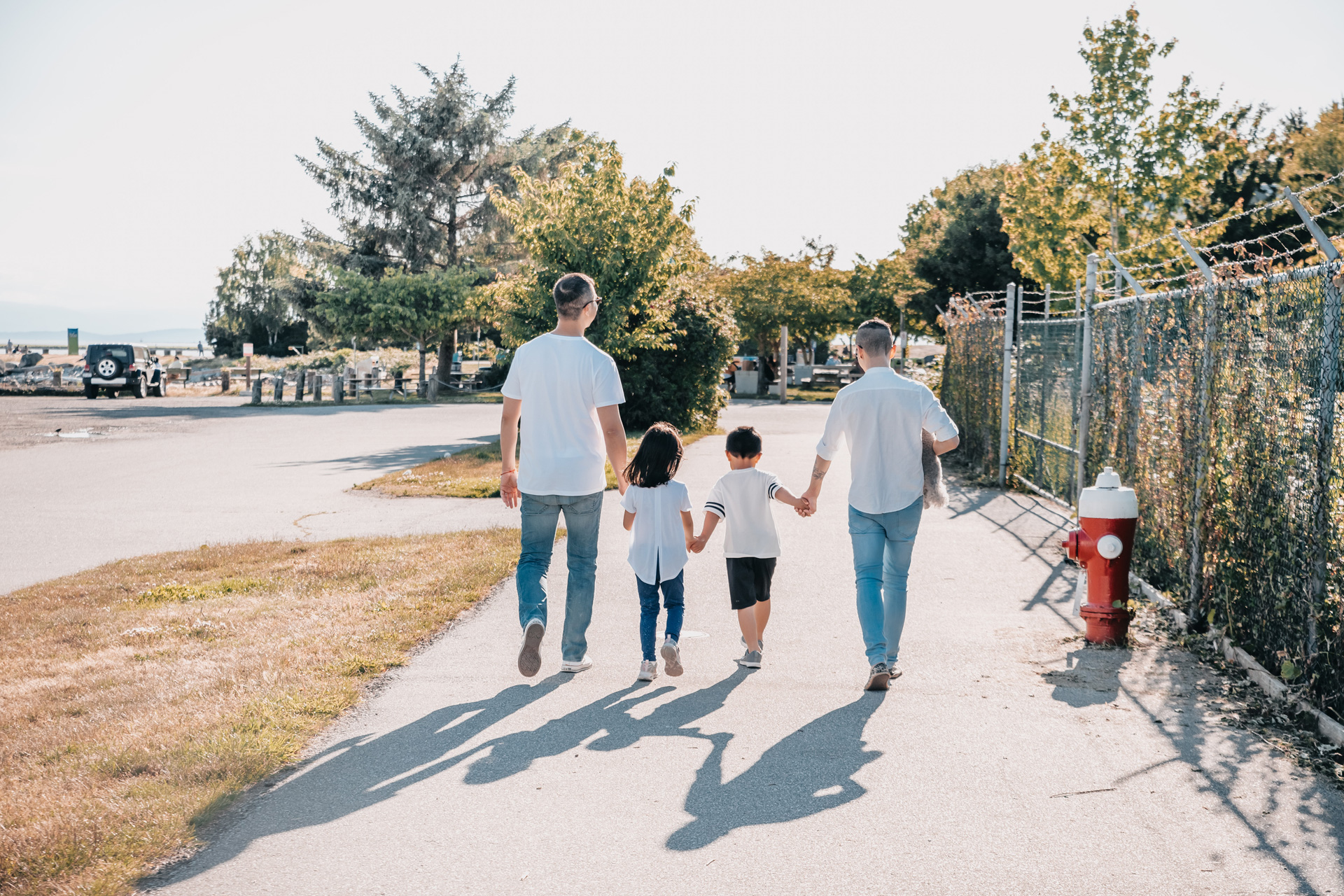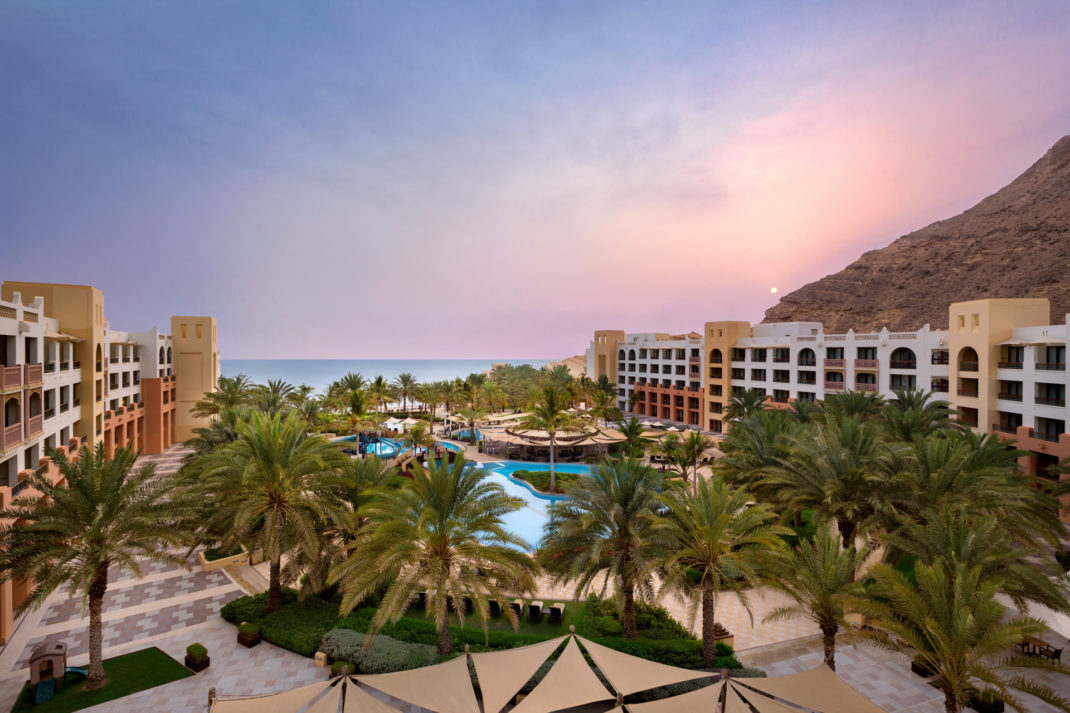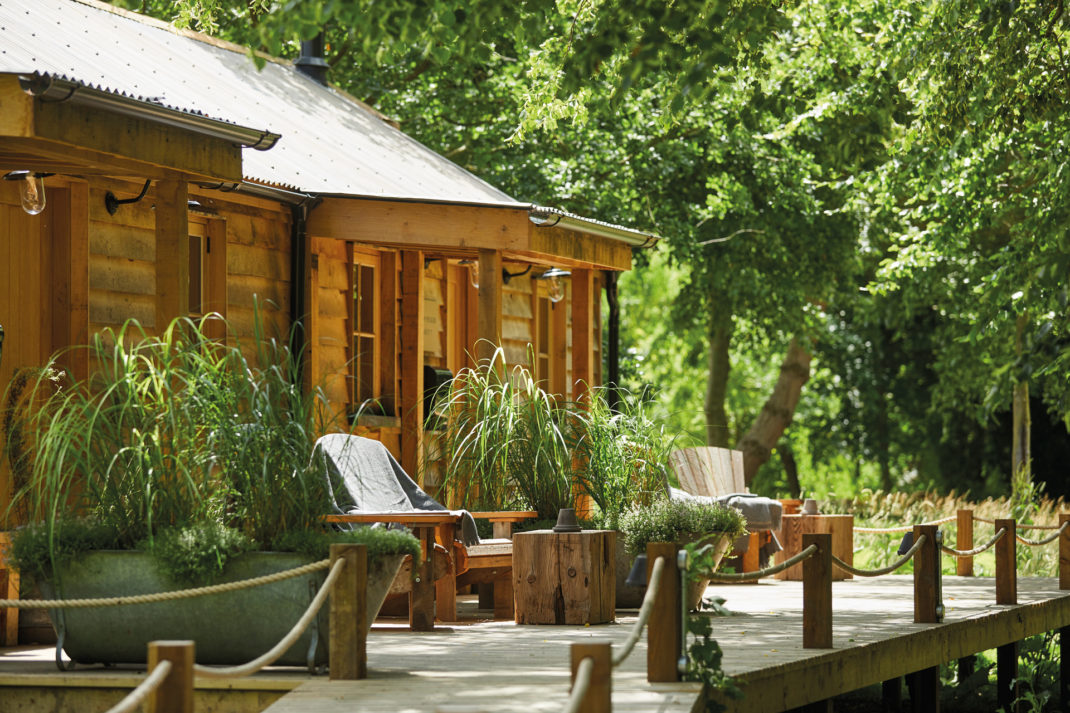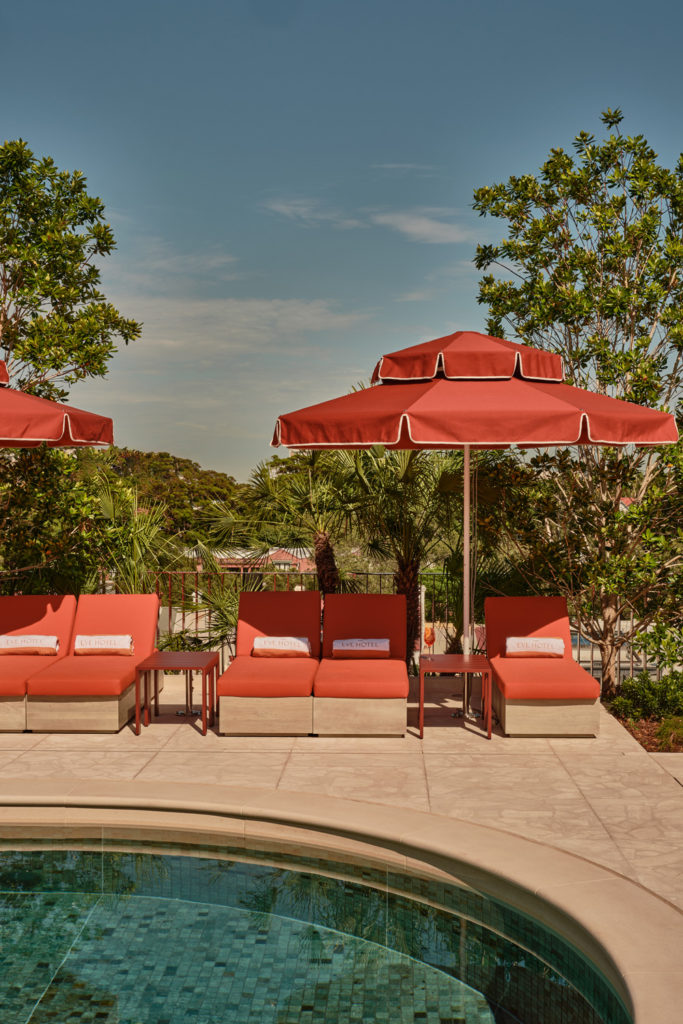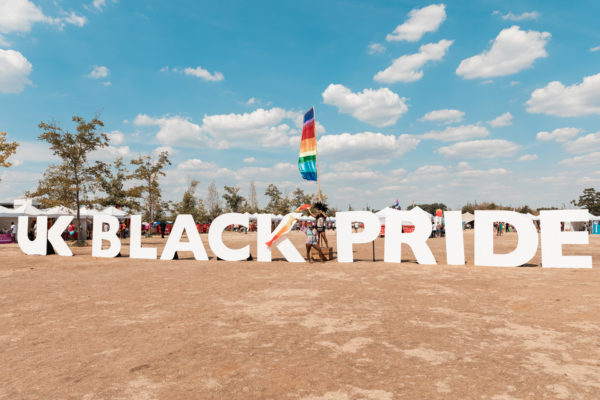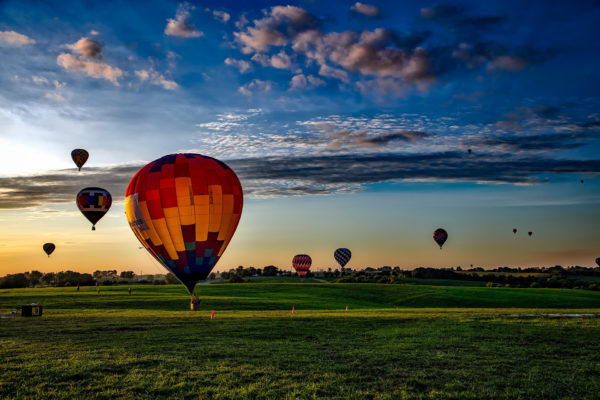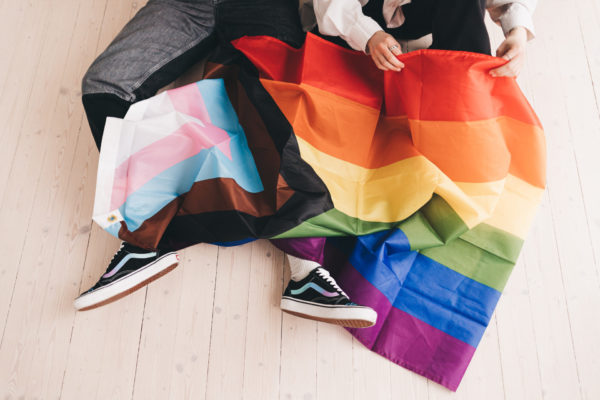5 LGBTQ+ Travel Trends For 2023 And Beyond
By
2 years ago
Globetrender's Queer Travel Trends Report explores what's big in the queer travel industry

What does the future of queer travel look like? This is the question at the heart of a new report from Globetrender, which delves into the trends paving the way for a more inclusive travel market. ‘Over the past ten years, the queer travel market has grown enormously,’ says Globetrender founder Jenny Southan, who is familiar with the industry, having spent years travelling the world with her wife Lotte. Before the pandemic, travel spending from queer people worldwide reached US$218 billion – and experts have predicted that this figure will more than double by 2030.
So what’s behind the boom? ‘Firstly, queer travellers are more intrepid and hungry for travel than ever before,’ says Southan. ‘Secondly, in many cases they also have more disposable income. And thirdly, the population of people who identify as queer is increasing.’ A UK Census from 2021 revealed that 6.9 percent of Gen Zs identified as LGB compared to 3.5 percent of millennials and 1.6 percent of boomers. ‘For the travel industry, this is a clear indication of distinct market opportunities (particularly among people under the age of 45),’ adds Southan. ‘It is also an urgent call for better understanding and appreciation of this growing and richly varied consumer group.’
Clearly, there is still much improvement to be made: homosexuality is currently illegal in 67 countries. But, as the report points out, there are positive changes going on all over the world. ‘We strongly believe in travel as the ultimate expression of freedom, and a unifying force that brings people closer together,’ says Southan. Here we highlight five key queer travel trends outlined by the report.
5 LGBTQ+ Travel Trends
Queer Family Travel
Rainbow families are becoming increasingly common: in 2019 there were almost a quarter of a million same-sex families in the UK – an increase of 40 percent since 2015. Yet millennials are the first generation to be able to really embrace queer parenthood when travelling, as even the world’s most progressive countries only made queer families ‘legal’ 20 years ago. In 2020, Finland became the first country in the world to allow same-sex families to adopt, and countries including Israel, France, Australia and New Zealand followed suit – with Taiwan being the most recent to pass the amendment.
However, the report also notes that many popular tourist destinations could still be problematic for queer families where it’s illegal to be homosexual, including Barbados, Saint Lucia, Malaysia, Indonesia and Morocco.

Sabrina Impacciatore as Valentina in The White Lotus
Limelight Gaycations
Whether it’s Palm Springs in Don’t Worry Darling or York in Bridgerton, locations depicted on screen are inspiring our holidays more than ever before. In a 2023 survey by American Express, 64 percent of people said they’d decided to visit a place after watching it on a TV show or film. And, with so much positive queer content at the moment, this has given rise to the emergence of ‘limelight gaycations’: LGBTQ+-friendly destinations depicted on screen. Dannii Minogue’s recent reality show I Kissed a Boy, for instance, led to an increase in Google searches for ‘masseria’ rentals in southern Italy.
The ultimate example of a TV-inspired travel boom was The White Lotus, which triggered a surge in interest for trips to both Hawaii and Sicily, the locations for its first two seasons – and there are high hopes for season three, which will be set in the queer-friendly country of Thailand.
Polydays
Polyamory, a philosophy that allows people to have multiple romantic connections at the same time, is on the rise – with dating app Feeld finding a 500 percent increase in searches for the term in 2022. And as Globetrender’s report notes: ‘although the trend is occurring among straight people too, the queer community is already ahead of the curve.’ Globetrender has noted the emerging travel trend of ‘polydays’, which is when a ‘throuple’ (three people in a romantic relationship) goes on holiday together.
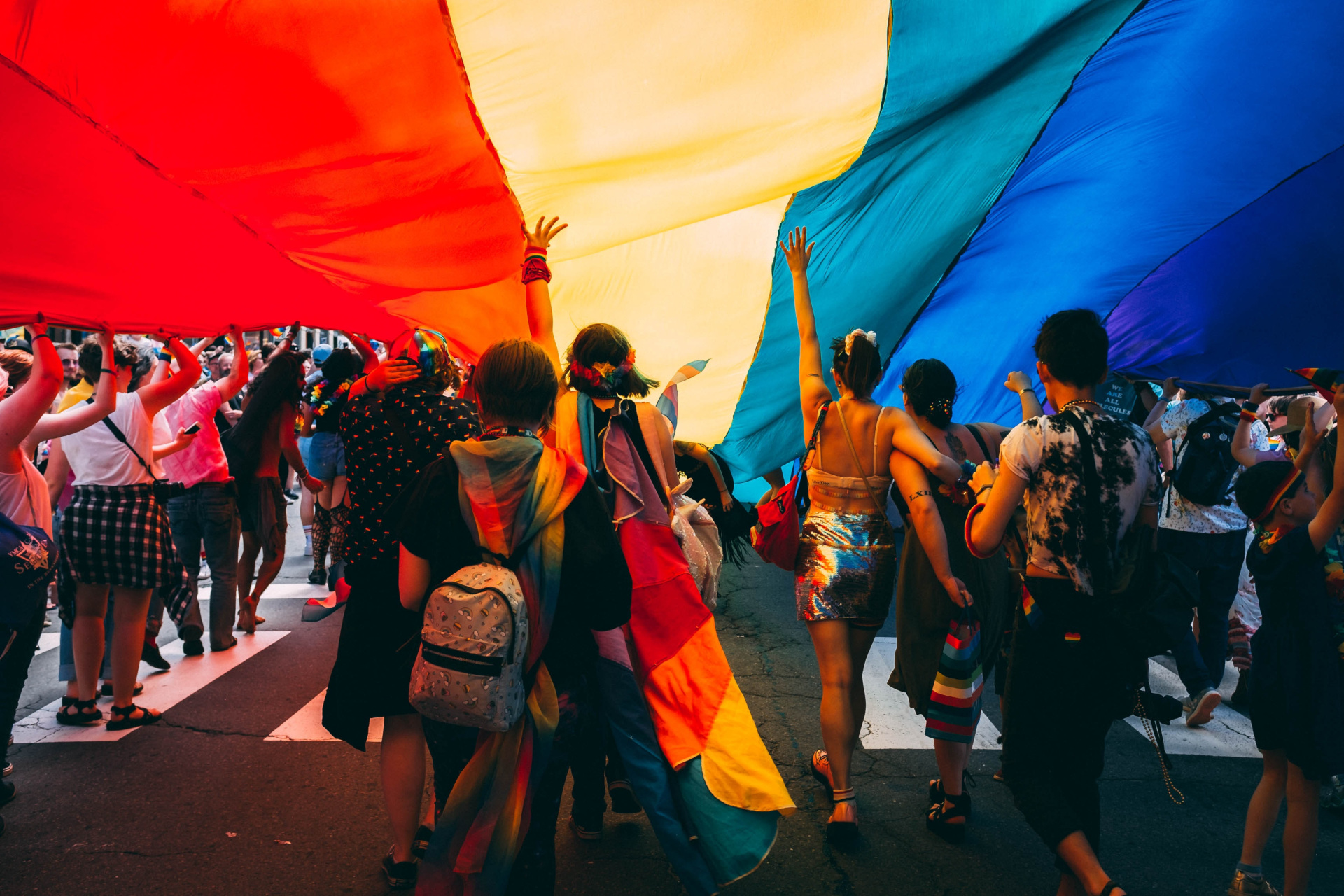
(c) Mercedes Mehling, Unsplash
Pride Power
Pride events take place all over the world, offering colourful, joyous celebrations for members of the LGBTQ+ community – with some of the biggest festivities taking place in Stockholm, London, Sydney, Spain and LA. These often act as a hook for queer travellers planning trips: according to Gay Times magazine, 60 percent of LGBTQ+ people look for experiences like Pride when travelling. The report also refers to the ‘pink pound’: the fact that Pride events can be lucrative for destinations. Airbnb revealed hosts collectively earned more than $77 million during Pride celebrations in 2022 – perhaps in part as a result of the increased queer-friendly language used on the platform’s rental postings.
Rainbow Rebellions
As mentioned above, there are still a large number of countries in the world with anti-LGBT laws. Yet Globetrender highlights that many queer people are ‘willing to sacrifice personal liberties in favour of exploring destinations in spite of their anti-LGBT laws’, adding: ‘for a lot of privileged Westerners (especially Millennials) for whom travel has felt like a right, being queer is not enough of a reason not to go somewhere.’ This is leading to what the report is referring to as ‘rainbow rebellions’ to places like the Middle East, Africa and Malaysia.
Find the full report at globetrender.com

